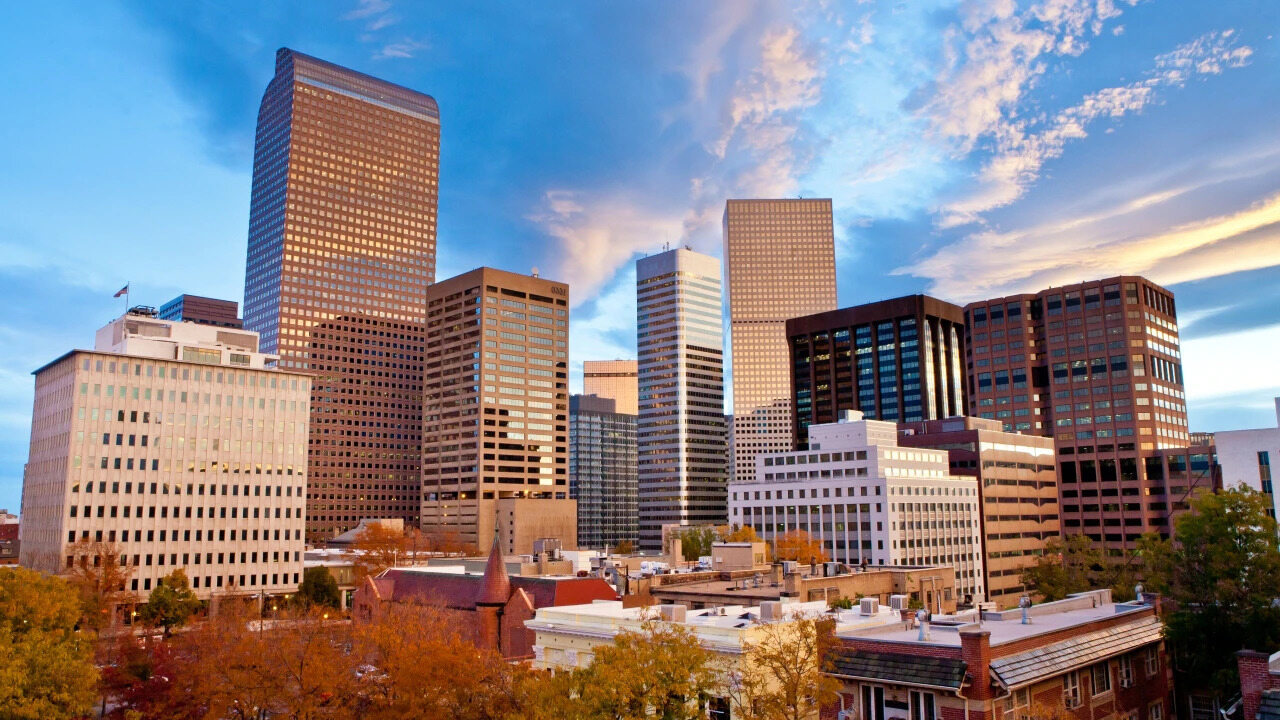Why Is Denver Called The Mile High City? The Surprising Reason Revealed

Ever wondered why Denver is called the Mile High City? It's not just a catchy nickname. Denver sits exactly one mile above sea level, making it unique among major U.S. cities. This elevation affects everything from the way you breathe to how your food cooks. Imagine playing sports or hiking with less oxygen—it's a real challenge! But this height also means stunning mountain views and a cooler climate. Curious about how this impacts daily life, tourism, and even beer brewing? Stick around to learn more about what makes Denver's altitude so special.
Why is Denver Called the Mile High City?
Denver, Colorado, often referred to as the Mile High City, has a unique charm and a fascinating history. But why exactly does it have this nickname? Let's dive into the reasons behind this intriguing moniker.
The Elevation
Denver's elevation is the primary reason for its nickname. The city sits exactly one mile above sea level, which is 5,280 feet. This high altitude gives Denver its distinctive climate and breathtaking views.
State Capitol Building: A step on the 13th step of the Colorado State Capitol Building is precisely one mile above sea level. This spot is marked, making it a popular photo opportunity for visitors.
Mile High Stadium: Home to the Denver Broncos, this stadium's name reflects the city's elevation. Watching a game here means you're enjoying sports a mile high.
City Parks: Many of Denver's parks, like City Park and Cheesman Park, offer stunning views of the Rocky Mountains, reminding visitors of the city's high altitude.
The Climate
Denver's elevation affects its climate, leading to unique weather patterns and experiences. The city enjoys over 300 days of sunshine each year, making it a great destination for outdoor enthusiasts.
Ski Resorts: Just a short drive from Denver, world-class ski resorts like Breckenridge and Vail benefit from the high altitude, offering some of the best skiing conditions in the country.
Hiking Trails: Trails like the Mount Falcon Park and Red Rocks Park provide hikers with challenging climbs and rewarding views, all thanks to the city's elevation.
Botanic Gardens: The Denver Botanic Gardens showcase a variety of plants that thrive in high-altitude conditions, offering a unique experience for plant lovers.
The History
Denver's history is rich with stories of pioneers and gold rushes. Its elevation played a significant role in its development and continues to shape its identity today.
Larimer Square: This historic district was the city's first commercial area and remains a vibrant part of Denver's culture. Walking through Larimer Square feels like stepping back in time.
Union Station: A hub of activity since the late 1800s, Union Station has been a key part of Denver's growth. Its elevation made it a crucial stop for trains crossing the Rocky Mountains.
Museums: Places like the Denver Museum of Nature & Science and the History Colorado Center offer exhibits that highlight the city's high-altitude history and its impact on the region.
The Culture
Denver's unique elevation has influenced its culture, from sports to cuisine. The city's high altitude is a source of pride for its residents and a point of fascination for visitors.
Craft Breweries: Denver's craft beer scene is thriving, with many breweries taking advantage of the high altitude to create unique flavors. The Great American Beer Festival, held annually in Denver, celebrates this culture.
Restaurants: Many local restaurants incorporate high-altitude cooking techniques, offering dishes that are both delicious and reflective of Denver's unique environment.
Sports Teams: Teams like the Denver Nuggets and Colorado Rockies play at high altitudes, which can be a challenge for visiting teams not used to the thinner air.
Denver's Unique Elevation
Denver's nickname, the Mile High City, comes from its unique elevation of exactly 5,280 feet above sea level. This height affects everything from the city's climate to its sports teams' performance. Visitors often notice the thinner air, which can make physical activities more challenging. The elevation also contributes to Denver's stunning views and outdoor activities, like hiking and skiing. Understanding this aspect of Denver gives you a deeper appreciation for the city's character and lifestyle. Next time you're in Denver, take a moment to enjoy the breathtaking scenery and remember you're a mile high. This unique feature sets Denver apart, making it a fascinating place to explore. Whether you're a local or a visitor, knowing why Denver is called the Mile High City adds an extra layer of interest to your experience.

